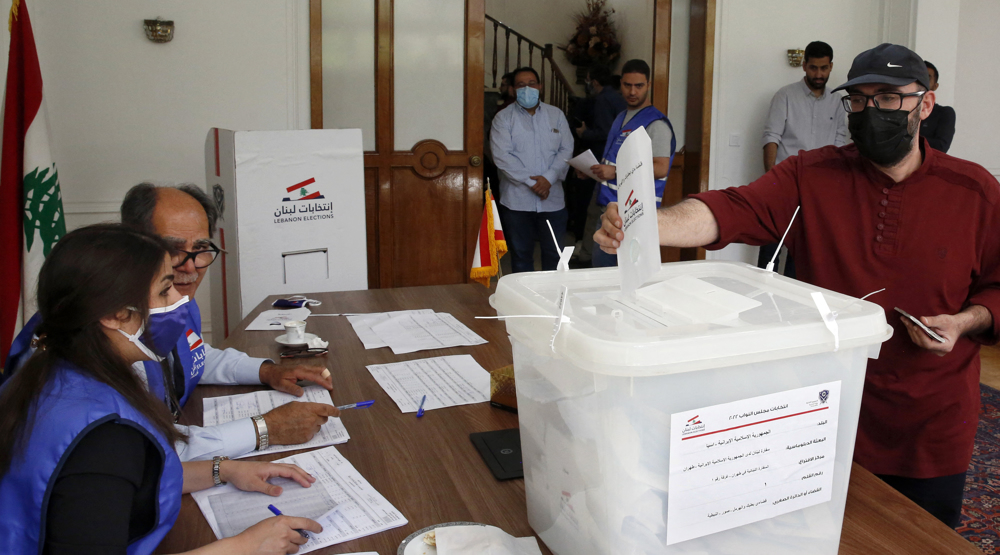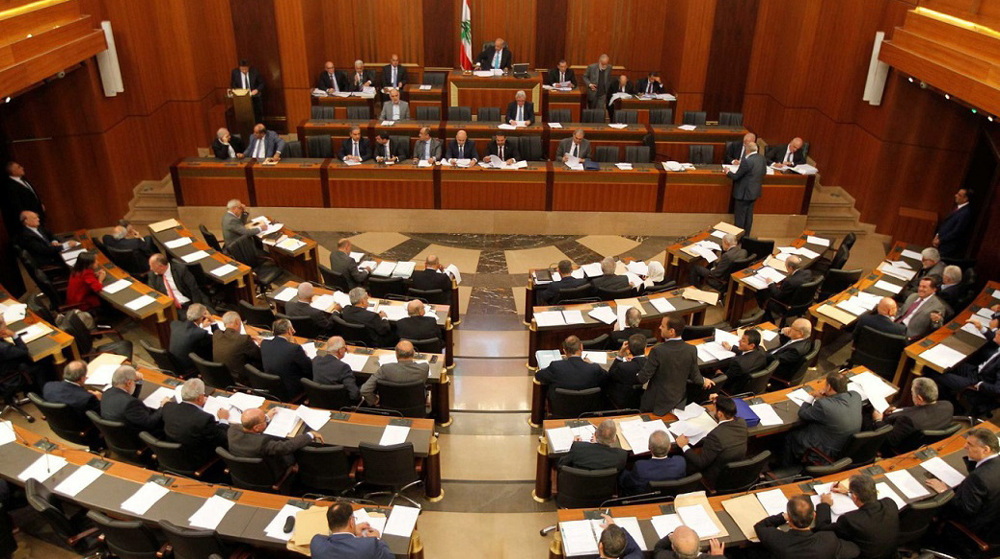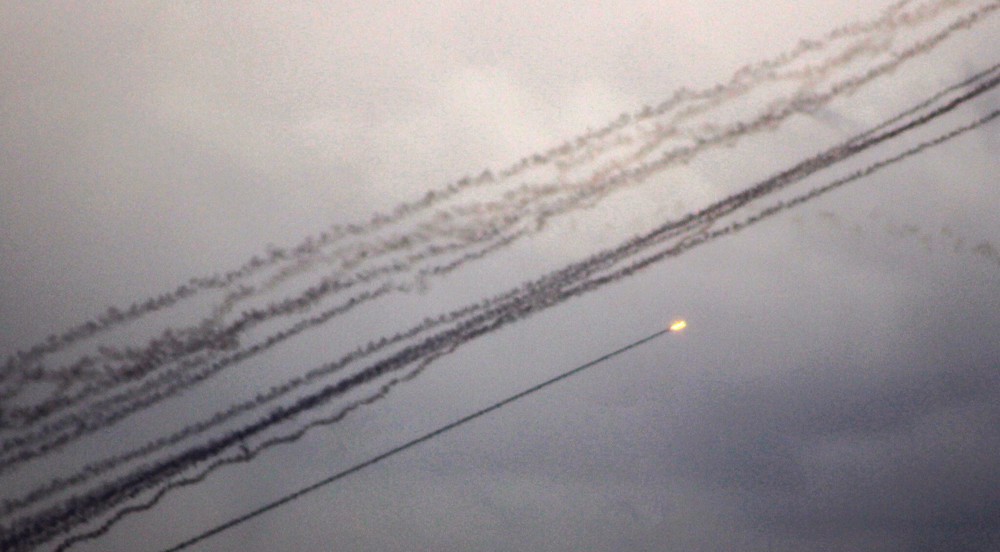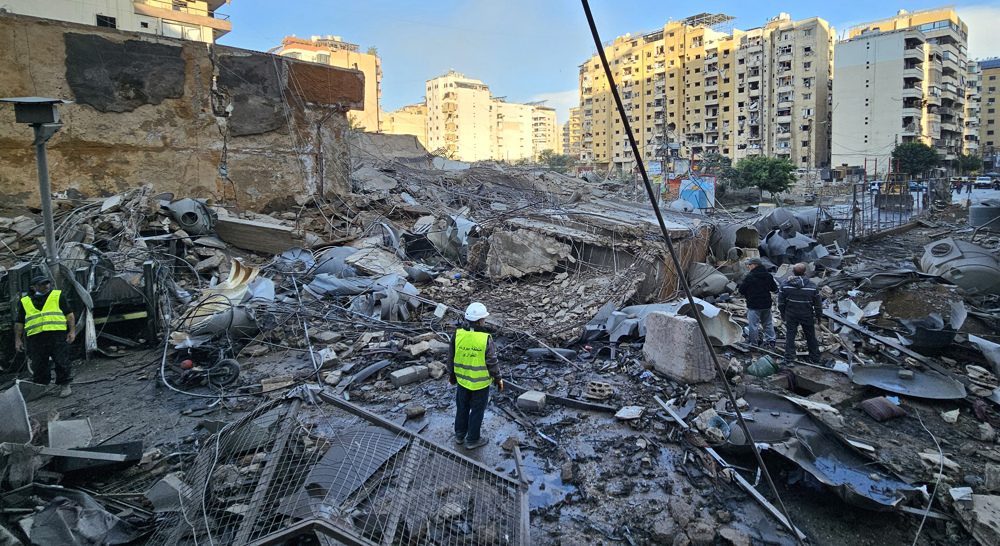Lebanese expatriates in Iran, Arab states vote in parliamentary elections
Lebanese expatriates in Iran and nine Arab countries have cast their votes for the country’s parliamentary elections, almost three years into an unprecedented and crippling economic crisis and high inflation that prompted a mass exodus.
About 31,000 Lebanese citizens in 10 countries have registered to vote in the first phase, as the elections are scheduled to be held at home on May 15.
On Sunday, nearly 195,000 Lebanese citizens plan to cast their ballots in 48 other countries around the world, including the United States, Canada, Australia, Russia, the European Union’s member states and several African nations.
It is the first time Lebanon’s diaspora has permission to take part in the vote for the 128-mebmer legislature, the first since the country’s economic meltdown began in October 2019.
According to Lebanon’s official National News Agency (NNA), about 36 percent of the registered overseas voters had voted by the afternoon, with some 11,000 ballots cast.
Foreign Affairs Minister Abdallah Bou Habib expressed hope for a 70-percent participation, saying voters in the Persian Gulf states “usually rush to the ballot boxes in the evening.”
The NNA has reported 65 percent participation out of the 642 registered voters in Iran, a turnout which was welcomed by Lebanon’s Ambassador to Tehran Hassan Mohammad Abbas. “Lebanese citizens living in Iran have shown lots of enthusiasm,” the ambassador told AFP.
In Saudi Arabia, about 30 percent of over 13,000 registered voters had voted by Friday afternoon, according to the NNA.
The Lebanese foreign minister had said citizens living abroad would be able to vote in more than 205 polling stations worldwide.
More than 225,000 people have registered to vote overseas, a jump from roughly 92,000 in the 2018 elections – though only 50,000 of them voted at the time.
Prime Minister Najib Mikati has called for voters registered abroad “not to be complacent and to vote in large numbers.”
Parliamentary elections in Lebanon are held once every four years. The Hezbollah resistance movement and its allies succeeded in winning majority seats in 2018.
Lebanon’s parliament is equally divided between Christians and Muslims. The new legislature will elect a new president after President Michel Aoun’s term ends in October.
Since late 2019, Lebanon has been mired in a deep financial crisis that has caused the Lebanese pound to lose about 90 percent of its value to the US dollar and led its banking system to collapse, plunging the bulk of the Lebanese into poverty. The economic and financial crisis is mostly linked to the sanctions that the United States and its allies have imposed on Lebanon as well as foreign intervention in the Arab nation’s domestic affairs.
Despite the dire economic situation, Sheikh Naim Qassem, Hezbollah’s deputy secretary general, has said the resistance group does not expect the elections to yield a result much different from 2018. Hezbollah opinion polls across Lebanon showed “the results of the election will be close to the make-up of the current parliament, with slight changes that do not affect the general make-up,” he said.
VIDEO | 85% of Yemeni displaced people face daily hunger crisis
US House passes bill targeting charities and pro-Palestine groups
VIDEO | Supporting Gaza genocide
Hezbollah attacks Israeli forces after Lebanese homes blown up
World leaders, states hail ICC arrest warrants for Netanyahu, Gallant
MP: US accountable for possible Israeli 'foolishness' to attack Iraq
VIDEO | Israeli policies strangle Palestinian agriculture, economy
Iran's president offers condolences to Pakistan over terrorist attack











 This makes it easy to access the Press TV website
This makes it easy to access the Press TV website